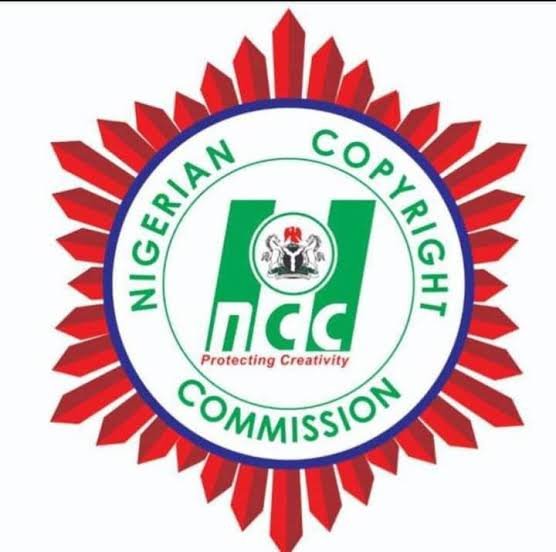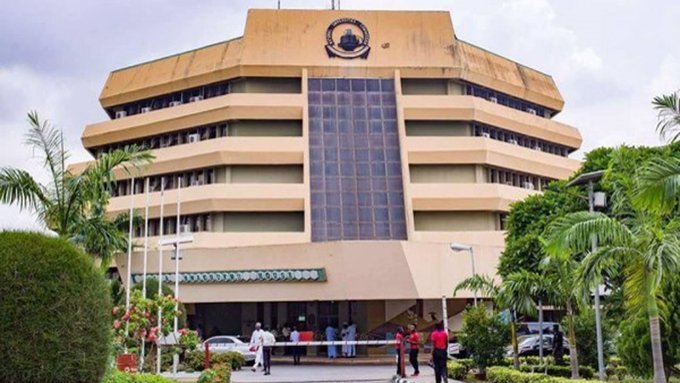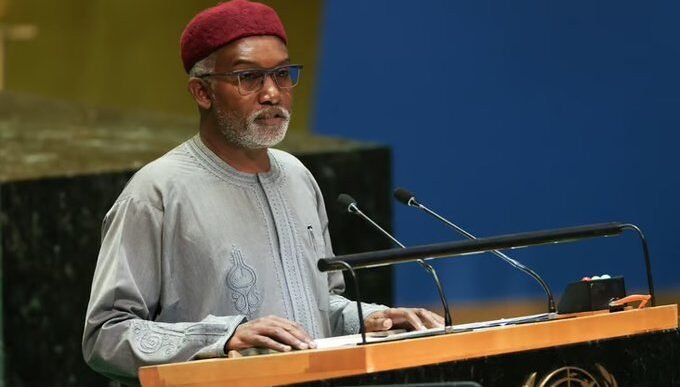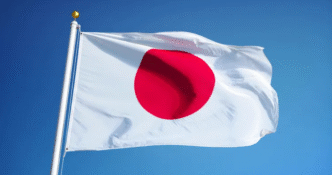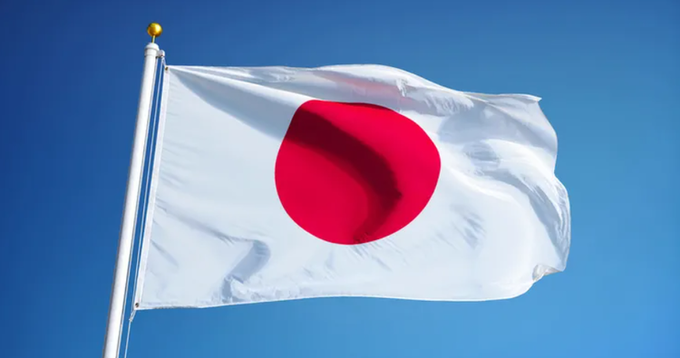Abuja, Nigeria – The Nigerian Copyright Commission (NCC) has issued a directive mandating hotels, restaurants, bars, nightclubs, and other establishments in the hospitality and entertainment sectors to obtain performance licences before using copyrighted music and films within their premises.
The announcement, described as a major step in strengthening copyright enforcement, is intended to protect the rights of musicians, filmmakers, and other creators, while ensuring that businesses that profit from these works make fair contributions to the creative economy.
NCC Warns Against Unauthorized Use
Speaking during a press briefing in Abuja, Dr. John Asein, Director-General of the NCC, warned that establishments that continue to use copyrighted works without proper licences would face legal consequences.
“Copyright infringement in the hospitality sector has gone on for far too long,” Asein said. “Playing music or screening films in hotels, restaurants, bars, or clubs without a performance licence is illegal. Those who profit from the creative works of others must recognize that creators deserve fair compensation.”
The DG emphasized that the directive was not an additional tax but a legal requirement that aligns Nigeria with global copyright practices.
Performance Licences Explained
Performance licences are permissions granted by copyright owners or their collective management organizations (CMOs) to allow public use of their works for a fee.
In Nigeria, the Copyright Society of Nigeria (COSON), Musical Copyright Society of Nigeria (MCSN), and Motion Picture Licensing bodies handle such licensing on behalf of artists, composers, producers, and filmmakers.
“These licences are not just bureaucratic formalities,” explained Efe Omorogbe, Chairman of COSON. “They are the lifeline through which Nigerian musicians, composers, and producers earn royalties. Without them, our creative industry cannot grow or sustain itself.”
Hospitality Industry in Focus
The NCC directive places the hospitality industry squarely in the spotlight. Hotels, bars, restaurants, and clubs use music and films daily to attract customers, improve ambience, and entertain guests.
However, according to NCC officials, many of these businesses have ignored copyright licensing obligations for years.
“This practice is exploitative,” Asein stated. “Businesses cannot continue to profit from the creative output of Nigerians without giving back. Respecting copyright is part of the cost of doing business.”
Creators Applaud the Move
Musicians, actors, and filmmakers have praised the NCC’s renewed enforcement campaign.
Afrobeats singer Brymo expressed optimism, saying:
“Artists put their lives into creating music, yet it gets played in clubs and bars across Nigeria without any benefit returning to us. This directive by the NCC is long overdue. We need to feel the impact of our work in our pockets, not just in popularity.”
Nollywood producer Emem Isong added:
“When hotels and lounges show films to entertain guests, they must understand that filmmakers invested money, time, and creativity into those productions. Licensing is a fair way to ensure sustainability in Nollywood.”
Enforcement Plans
The NCC announced that it would begin nationwide inspections of establishments in collaboration with security agencies and copyright owners. Businesses found in violation may face heavy fines, confiscation of equipment, or even temporary closure.
“We are going to step up enforcement across Nigeria,” Asein said. “Our enforcement teams will visit hotels, restaurants, and entertainment venues to ensure compliance. Ignorance of the law will not be an excuse.”
Economic Implications
The directive is seen as part of efforts to boost Nigeria’s creative economy, which contributes significantly to GDP and provides millions of jobs.
According to industry experts, Nigeria’s music and film industries lose billions of naira annually to copyright infringement and weak royalty collection.
“Proper licensing means more money in the pockets of artists and producers,” said filmmaker Kunle Afolayan. “This will encourage reinvestment in the industry, help us compete internationally, and build a sustainable creative economy.”
Pushback from Business Owners
Some business owners, however, expressed concerns over the financial burden the directive may impose.
An Abuja-based hotel manager, who requested anonymity, said:
“Hotels already face multiple regulatory fees, taxes, and levies. Adding performance licences may increase costs significantly, especially at a time when the hospitality industry is still recovering from economic challenges.”
A restaurant owner in Lagos echoed similar sentiments, suggesting that the government should consider a phased implementation.
“We are not against paying creators,” she said. “But there should be dialogue to ensure that licence fees are fair and affordable.”
The Global Standard
Experts note that Nigeria is only enforcing a practice that is already standard in most developed economies. In the United States, establishments must pay fees to organizations such as ASCAP and BMI. Similarly, in the UK, hotels and restaurants obtain licences from PRS for Music.
“By aligning with global copyright practices, Nigeria sends a clear signal that it respects intellectual property rights,” said copyright lawyer, Barrister Ifeoma Okoye. “This will also encourage international investors to engage with the Nigerian creative industry without fear of piracy or infringement.”
Steps for Businesses to Comply
The NCC outlined the steps establishments must take to comply with the new directive:
- Identify usage – Determine whether the business uses music, films, or other creative works publicly.
- Contact relevant CMOs – Reach out to COSON, MCSN, or licensed film rights organizations.
- Obtain licences – Apply for the required performance licences.
- Pay fees – Remit appropriate royalties based on usage.
- Display proof – Keep licence documentation available for NCC inspections.
Conclusion
The Nigerian Copyright Commission’s enforcement of performance licences marks a turning point for the nation’s creative sector. While the directive has drawn mixed reactions from hospitality business owners, it is widely welcomed by artists, filmmakers, and copyright advocates as a bold step towards protecting intellectual property.
As the NCC prepares to roll out nationwide enforcement, the success of the initiative will depend on cooperation between rights owners, businesses, and government regulators.
Ultimately, the Commission insists that the policy is about fairness. In the words of its Director-General:
“Every time a song is played in a restaurant, every time a movie is screened in a hotel lounge, the creators of those works deserve to be compensated. This is the essence of copyright, and it is the future of Nigeria’s creative economy.”


